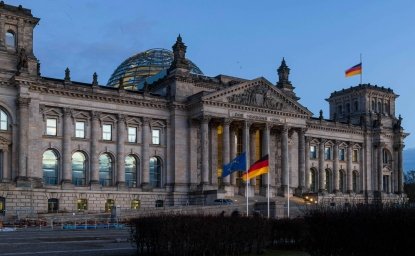#99 The Global Setting and Transition to Democracy: Preliminary Conjectures


By Richard Falk
Exploring the global dimensions of democratizing potential at the state level is, at once, an elusive and complex topic. It is difficult to establish convincing causal linkages. At the same time, the interaction between the global setting and national political development involves a plethora of elements difficult to assess in terms of their relative importance. At the same time, the clustering of regional and subregi onal tendencies toward and away from democratization lends substance to the contention that the global setting is an important element in any adequate account of the course of political development for any particular country.
Thus, our concern with global setting is partly a matter of achieving a better understanding of prospects for, and obstacles to, the realization of full democratizing potential at the state level. It also feeds into the policy- forming process of a country such as the United States which contends that it favors democratizing tendencies in foreign societies.
The following paper mainly considers, and elaborates upon, nine guidelines for policymakers dedicated to the promotion of democratic potential:

The Wilson Center’s prestigious Latin America Program provides non-partisan expertise to a broad community of decision makers in the United States and Latin America on critical policy issues facing the Hemisphere. The Program provides insightful and actionable research for policymakers, private sector leaders, journalists, and public intellectuals in the United States and Latin America. To bridge the gap between scholarship and policy action, it fosters new inquiry, sponsors high-level public and private meetings among multiple stakeholders, and explores policy options to improve outcomes for citizens throughout the Americas. Drawing on the Wilson Center’s strength as the nation’s key non-partisan policy forum, the Program serves as a trusted source of analysis and a vital point of contact between the worlds of scholarship and action. Read more



